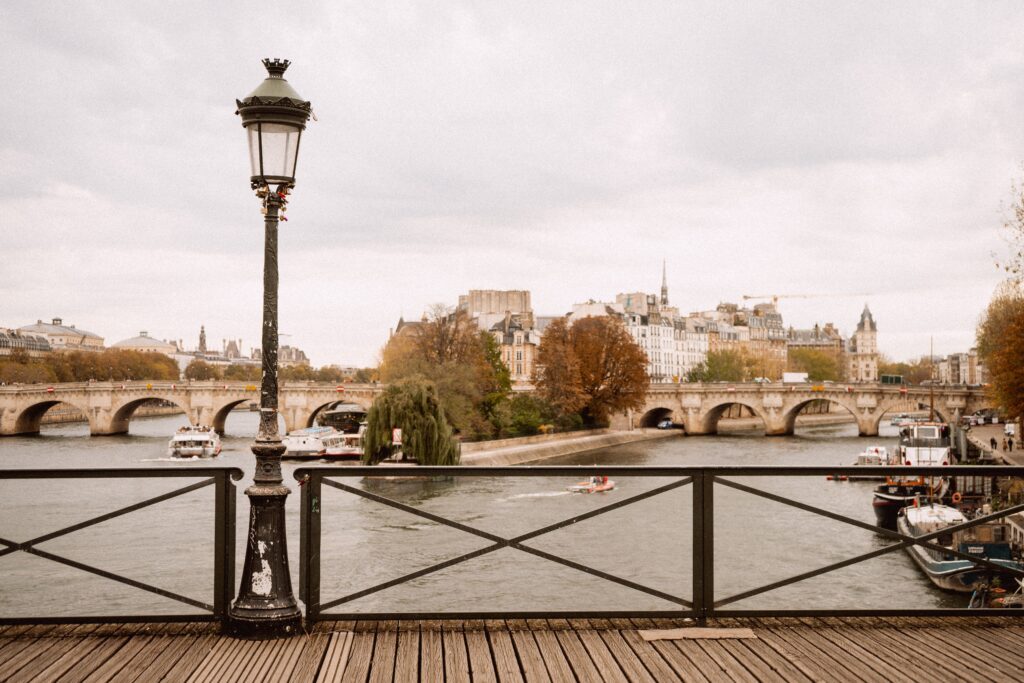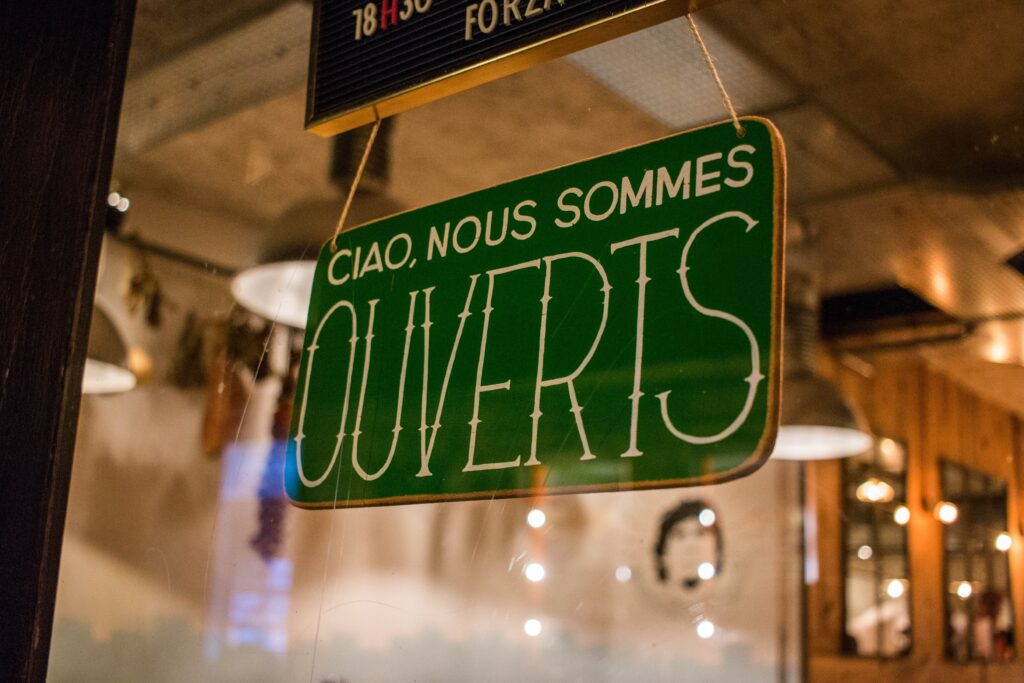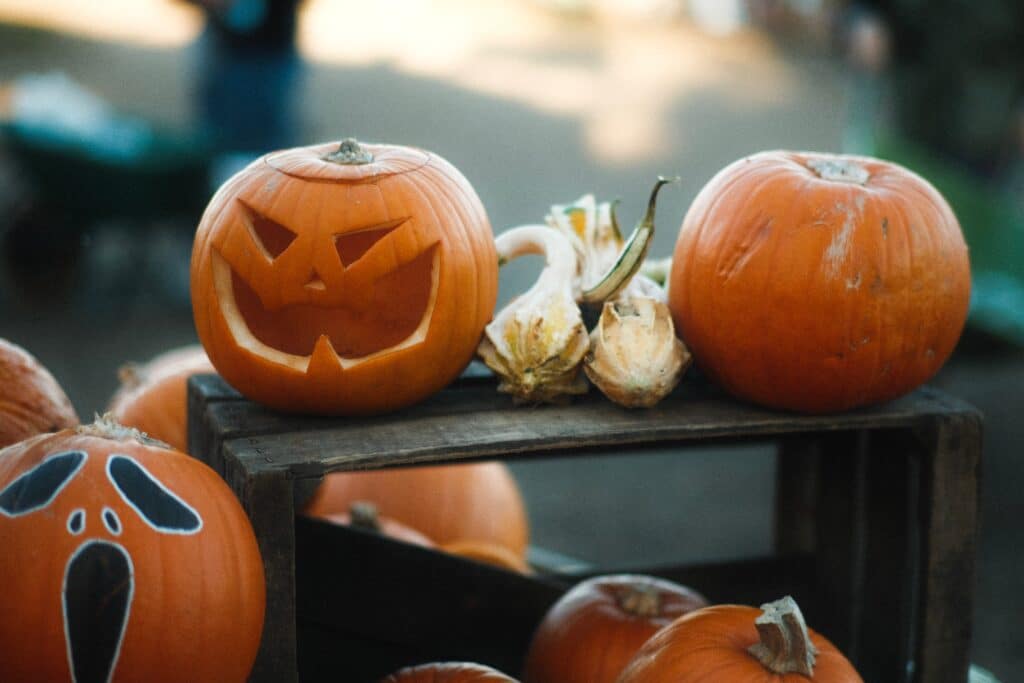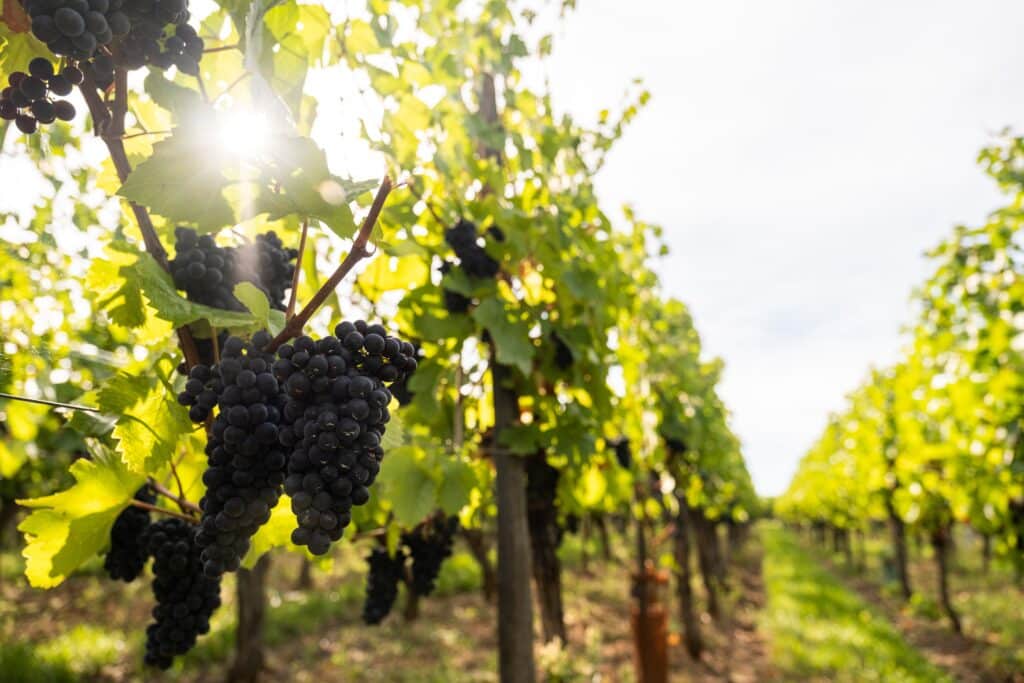
60 French Fall Words and Phrases
As the days grow shorter and the air becomes crisp, autumn paints the world with its vibrant hues.
In France, this enchanting season is celebrated with the same fervor as its culinary delights and artistic heritage.
To truly appreciate the beauty of this time of year, one must embrace the vocabulary unique to the season.
In this post, you’ll learn 60 French fall words and phrases from colorful foliage to cozy sweaters.
With these terms, you’ll discover how the French language beautifully encapsulates the essence of this season.
Contents
Download: This blog post is available as a convenient and portable PDF that you can take anywhere. Click here to get a copy. (Download)
French Fall Words
Here are some of the most common words and some short phrases for talking about fall in French:
| French word | English translation |
|---|---|
| l'automne (masc.) | autumn/fall |
| l'arrière saison | late autumn/fall |
| automnal / automnale | autumnal (male/female) |
| une saison | season |
| le changement de saison | the change of season |
| septembre | September |
| octobre | October |
| novembre | November |
| decembre | December |
| un arbre | a tree |
| les arbres | trees |
| une feuille | a leaf |
| les feuilles | leaves |
| les feuilles mortes | fallen leaves |
| le feuillage d'automne | the fall foliage |
| tomber | to fall |
| un râteau | a rake |
| ratisser | to rake |
| les couleurs d'automne | fall colors |
| jaune | yellow |
| rouge | red |
| orange | orange |
| brun | brown |
| frais | cool/fresh |
| une journée froide | a cold day |
| la pluie | rain |
| pluvieux | rainy |
| une averse | a rain shower/downpour |
| une flaque (d'eau) | a puddle (of water) |
| le vent | wind |
| venteux | windy |
| un pull | a sweater |
| un manteau | a coat |
| un parapluie | an umbrella |
| des bottes | boots |
| la couverture | blanket |
| un feu de joie | a bonfire |
| les raisins | grapes |
| la châtaigne | a chestnut |
| le marron | a sweet chestnut |
| le champignon | mushroom |
| la pomme de pin | a pine cone |
| le gland | acorn |
| la migration | migration |
Fall Phrases in French
Now that you now some key words and short phrases, you can put them together to make sentences like these:
| French phrase | English translation |
|---|---|
| L’automne est beau ! | Fall/autumn is beautiful! |
| Ma saison préférée est l’automne. | My favourite season is autumn. |
| J’adore les arbres en automne ! | I love the trees in autumn! |
| Les feuilles tombent. | The leaves are falling. |
| Les feuilles changent de couleur en automne. | Leaves change colour in autumn. |
| Prenez le râteau ! | Grab the rake! |
| Il fait frais aujourd’hui. | It’s cool today. |
| Mets ton manteau. | Put your coat on. |
| N’oublie pas ton parapluie. | Don’t forget your umbrella. |
| J'adore sauter dans les flaques d'eau. | I love jumping in puddles. |
| On fête halloween le 31 octobre. | We celebrate halloween on the 31st of October. |
French Customs and Traditions in Autumn
If you’re interested in French culture or will be visiting France in the fall season, there are some important customs and traditions you should be familiar with. Here are a few of the main ones:
À la rentrée (At the return)

It’s no secret that the French adore their holidays. The country as a whole, except for the tourism industry, typically takes the month of August off to enjoy summer. Children finish school, professionals go on their breaks and businesses adopt rather lazy opening and closing hours—or they don’t open at all.
À la rentrée is a common French phrase used to describe the beginning of autumn when life in France returns to normal. More specifically, it refers to the “back to school” period.
Bonnes vacances ! (Have a good holiday!)
Merci, à la rentrée ! (Thanks, see you in autumn!)
Le passage à l’heure d’hiver (Changing to “winter time”)

Like many countries, France embraces daylight savings time. October marks le passage à l’heure d’hiver, when everyone turns their clocks back one hour in anticipation of the winter period.
Conversely, there’s a corresponding date in spring called le passage à l’heure d’été when the clocks are wound forward one hour.
N’oublie pas qu’on passe à l’heure d’hiver ce week-end ! (Don’t forget that we’re turning the clocks back this weekend!)
La Toussaint (All Saints’ Day)
Although more relevant for French Catholics, La Toussaint is a public holiday on November 1st that’s now widely acknowledged by the nation as a whole. The word “La Toussaint” itself is a contraction of “Tous les saints,” meaning “all the saints” or, more commonly, “All Saints’ Day.”
Most businesses and schools close so families can honor their dead relatives either by attending mass or visiting graves with a bouquet of chrysanthemums, the traditional Toussaint flower.
Often, the cold, grey weather at this time of the year is illustrated by the expression “faire un temps de Toussaint” which can be used to describe icky weather throughout the year.
Quel temps fait-il ? (How is the weather?)
Il fait un temps de Toussaint. (It’s miserable.)
Halloween

Halloween, though not a traditional French holiday, has gained popularity in France in recent years, especially among young people and children.
You can see people dressed up in costumes, Halloween decorations and themed treats, although not as widespread as in other countries like the U.S.
You might even hear young children saying “un bonbon ou un coup de bâton” or “trick or treat.”
Comment vas-tu te déguiser pour Halloween ? (What are you dressing up as for Halloween?)
Je vais me déguiser en vampire ! (I’m going to dress up as a vampire!)
La Vendange (The Vintage)

One good reason to love France in the autumn is the wine! La vendange is the process of grape picking. For those more savvy on vineyard lingo, this is called “the vintage.”
Typically between September and October each year thousands of grapes are harvested and processed to be made into wine. The event brings about celebratory festivals, well-stocked flea markets and herds of visitors.
Les vendanges refers to the grape-picking period as a whole, whereas la vendange is a particular grape harvest.
Quand sont les vendanges ? (When is the grape harvest?)
Entre septembre et octobre. (Between September and October.)
Qu’est ce tu fais ? (What are you doing?)
Je fais la vendange. (I’m picking grapes.)
With this vocabulary, you can talk about fall in French and the many things there are to love about the season.
And to learn more French words and phrases in authentic contexts, you can check out the FluentU language-learning program.
FluentU takes authentic videos—like music videos, movie trailers, news and inspiring talks—and turns them into personalized language learning lessons.
You can try FluentU for free for 2 weeks. Check out the website or download the iOS app or Android app.
P.S. Click here to take advantage of our current sale! (Expires at the end of this month.)
Download: This blog post is available as a convenient and portable PDF that you can take anywhere. Click here to get a copy. (Download)
And one more thing...
If you like learning French on your own time and from the comfort of your smart device, then I'd be remiss to not tell you about FluentU.
FluentU has a wide variety of great content, like interviews, documentary excerpts and web series, as you can see here:

FluentU brings native French videos with reach. With interactive captions, you can tap on any word to see an image, definition and useful examples.

For example, if you tap on the word "crois," you'll see this:

Practice and reinforce all the vocabulary you've learned in a given video with learn mode. Swipe left or right to see more examples for the word you’re learning, and play the mini-games found in our dynamic flashcards, like "fill in the blank."

All throughout, FluentU tracks the vocabulary that you’re learning and uses this information to give you a totally personalized experience. It gives you extra practice with difficult words—and reminds you when it’s time to review what you’ve learned.
Start using the FluentU website on your computer or tablet or, better yet, download the FluentU app from the iTunes or Google Play store. Click here to take advantage of our current sale! (Expires at the end of this month.)




